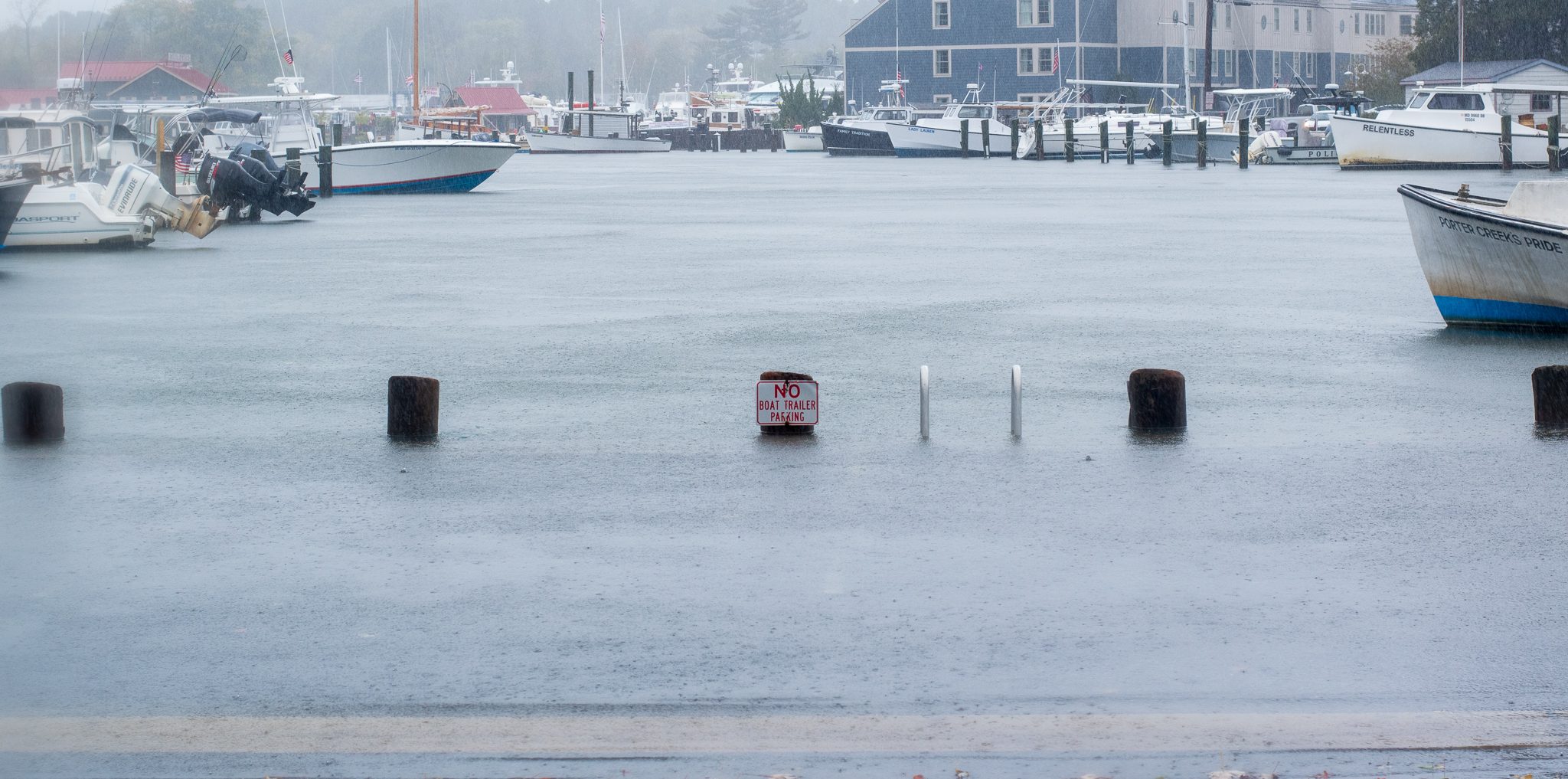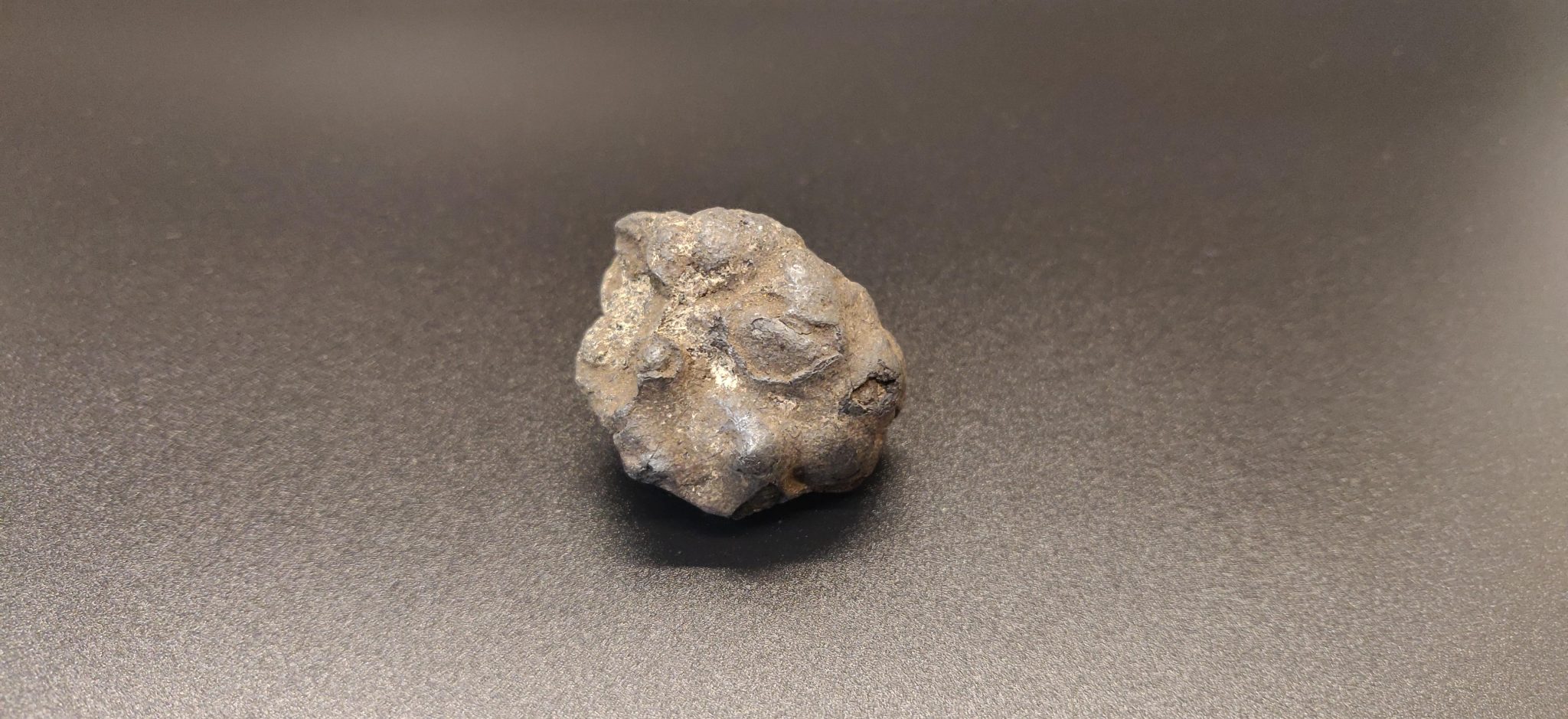2023 was a year of endings. I closed several projects and spent a lot of time, behind the scenes, laying the foundation for project I hope will have an impact in 2024. I don’t really think of myself as a science communications person anymore. We are activists, working to achieve specific science-informed policy outcomes. We always were.
Ending Social Media for Environmental Communications
This year marked the end of our Social Media for Environmental Communications class, which I started teaching at Duke University with Amy all the way back in 2010. Over 13 years, we taught our way through some of the biggest changes in the social media landscape, and charted the rise and fall of Twitter in real time.
Looking back through the old syllabi made me realize just how much social media, and how we think about social media, has changed. In the early years our lessons drew from sources like Clay Shirky’s Cognitive Surplus, a wildly optimistic look at how social media allows people to use their available energy to create rather than consume and how that galvanized things like the Arab Spring. Halfway through the decade, we pivoted to Dataclysm, a surprisingly analytical look at how people use dating apps and how to look at and interpret social interaction data. We then switched to P.F. Singer’s Likewar and discussed social media as a propaganda space. In the last few years, we began our classes with The Mueller Report, and explored how Russian disinformation campaigns used social media to effect behavioral change.
From optimistic, to analytic, to apocalyptic. That pretty well sums up how social media has developed over the last decade.
A slow burn on Deep-sea Mining
Last January, I ended my term as the Editor-in-chief of the Deep-sea Mining Observer, and chose to take some time away from the topic to focus on other projects. But that didn’t stop me from writing a few articles, giving a handful of interviews, and acting as a background source for several projects. You can find me buried in the credits of Deep Rising, the new documentary that explores the promise and perils of mining the deep ocean.
Dugongs and Seadragons
If you follow me on Patreon, Bluesky, or Instagram, or if you read my woodworking year in review, you’ve probably seen an uptick in posts about Dungeons and Dragons. The rumors are true, last year I joined the Cephalosquad, a crew of nerdy marine scientists and artists playing Dungeons and Dragons, but with an ocean science twist. Follow along as Patches Tenderfoot, my pretty horrible little Harengon necromancer tries to de-extinct legendary monsters that have been hunted to the brink by wandering adventurers while insisting that healing the party is a waste of spell slots when a hard reset fixes everything.
You can subscribe to our actual play podcast, which is a merciful 20-minutes per episode through your podcasting service of choice. As long as that service is not Google Podcasts, because Google is yet again killing a good, functional app that does exactly what it says on the box and replacing it with an algorithm-powered trash hamster designed to monetize you commute.
Check out our live session at last summer’s AwesomeCon and catch us again this March at AwesomeCon 2024!
Climate Change Commission
In 2022, I was appointed to the Town of St. Michaels Climate Change/Sea Level Rise Commission, my first foray into local politics. I was reappointed for a four year term (terms are staggered and I drew the short straw when the commission was created) again at the beginning of 2023. The Climate Commission is primarily an infrastructure commission. We’re identifying particularly vulnerable areas in town and then working to address flooding now, before it gets even worse. Several places in town are already underwater during big high tides.
The commission as a whole has brought in multiple grants this year to conduct stormwater and flood mitigation studies and, as the engineering proposals roll in, we hope to start seeing the first round of funding for construction and infrastructure improvement. It’s a slow process, but we’re ahead of the curve and building for a town the endures into the next century takes time. Through the commission, I also launched St. Michaels Floodwatch, a web portal where residents and visitors can see the sea level rise projections we’re working with and get a better idea for how increased flooding could impact our town.
We also were awarded a smart buoy and sensor integration package through the Bristlemouth Pioneer Program, which will allow us to monitor sea state the town in real time (there’s an hour lag as as much as a 1-foot variation between tides in our harbor and the nearest NOAA data buoy, especially during storm surges) and broadcast that data to the town website.
Library Service
At the beginning of the pandemic, I also joined the board of the Talbot County Free Libraries, to help promote and protect arguably the most valuable institution to the future of our country, the Public Library. We launched several library programs this year, including a monthly family D and D night for kids and their parents, a deep-sea mini museum which was on display for several months, and an ROV piloting experience for kids during the libraries STEM festival. I’ve also been helping build out the library’s 3D-printing capacity.
Community Oceanography
As part of the OpenCTD project, I launched Community Oceanography while Watching Whales, a web portal where participants could upload OpenCTD data and visitors could view that data, along with photos from each CTD cast. It’s a proof-of-concept project for what I hope will ultimately be a central platform for community oceanographers to share the data produced by DIY and non-institutional with the public.

